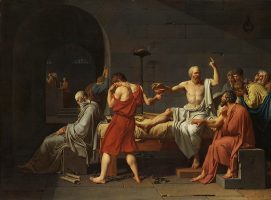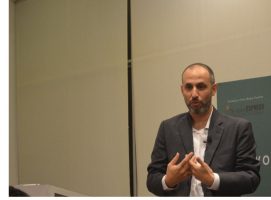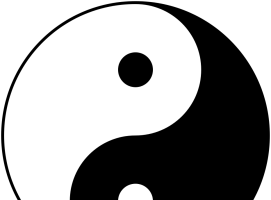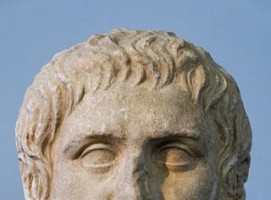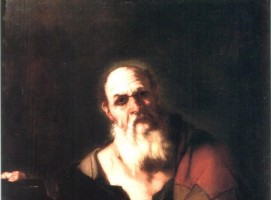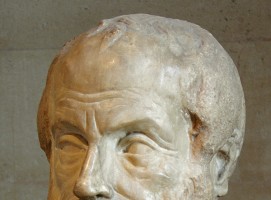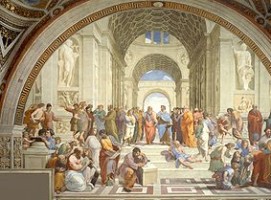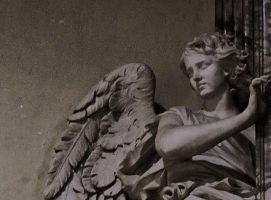Showing 10 articles
Artificial Intelligence vs. Human Intelligence: A Philosophical Perspective
Author: Yaron BarzilayFebruary 18, 2025
When writing this article, artificial intelligence (AI) has been one of the most spoken-about topics worldwide for a while, with equally mixed views of great excitement and heavy concern, as it is a significant disruptor already involved in almost every aspect of our lives. While a wide range of incredible possibilities is opening up before [...]Art and Philosophical Ideals
Author: Rasha KawarMay 13, 2021
Art has the ability to elevate us. In equal measure it can provoke, disturb, and challenge us. Art can do many things, but perhaps at its best it can connect us not only to each other, but also to something higher, a more perfect ideal beyond the realm of the material. There are many lenses [...]The Power of Symbols
Author: Alex WarrenAugust 27, 2014
Symbols hold a powerful attraction for people. Even today, in an age in which materialistic perspectives rule human thought, many ancient symbols such as the ankh, the yin/yang, American Indian designs, pyramids, and many other symbols are quite popular in jewelry and in the home. Why do symbols of the ancient civilizations continue to be [...]Plato
Author: AnonymousAugust 8, 2014
The son of Ariston and a descendant of King Codrus and Perictione, who was a descendant of the great lawgiver, Solon, he was born in Athens in 429/28 B.C. and died in 347 B.C. His real name was in fact Aristocles and Plato was a nickname that means “broad-shouldered”. It was apparently given to him [...]Socrates
Author: AnonymousAugust 8, 2014
The greatest of the philosophers was born in Alopeka, a town in Attica in the year 470 B.C. His father, Sophroniscus, was a sculptor and his mother, Phaenarete, a midwife – a profession to which Socrates often alluded, comparing it to his philosophical method, mayeutics (from the Greek maieuo, to cause to be born). He [...]Aristotle
Author: AnonymousAugust 7, 2014
We owe to the Greek historian Diogenes Laertius most of our information on the life and works of this philosopher, who, together with Socrates and Plato, symbolize Western philosophical inquiry. He was born in 384 B.C. in Stagira (Thrace) and died in Chalcis (Euboea) in 322 B.C. His father, Nicomachus, was physician to Amyntas, the [...]Celebrating 2400 Years of Plato’s Academy
Author: Yaron BarzilayMay 13, 2014
The year 2013 marks 2,400 years since Plato established his Academy in Athens. Founded in 387BC, the Academy has continuously influenced humanity since inception, be it the Mediterranean Civilizations, numerous western philosophers including the renaissance men (who referred to Plato as a divine philosopher,) to our modern world of today, in which Plato’s teachings still [...]The Symbolism of the Angels
Author: M.A. Carrillo de Albornoz & M.A. FernándezMay 13, 2014
Angels are regarded as invisible messengers, inhabitants of Heaven, beings of light and symbols of lightness as well as fire and martial power. Angels have always been present in the imagination of man. All civilizations admit the existence of these beneficent spiritual beings that collaborate with the Creator, according to their rank in the celestial [...]

